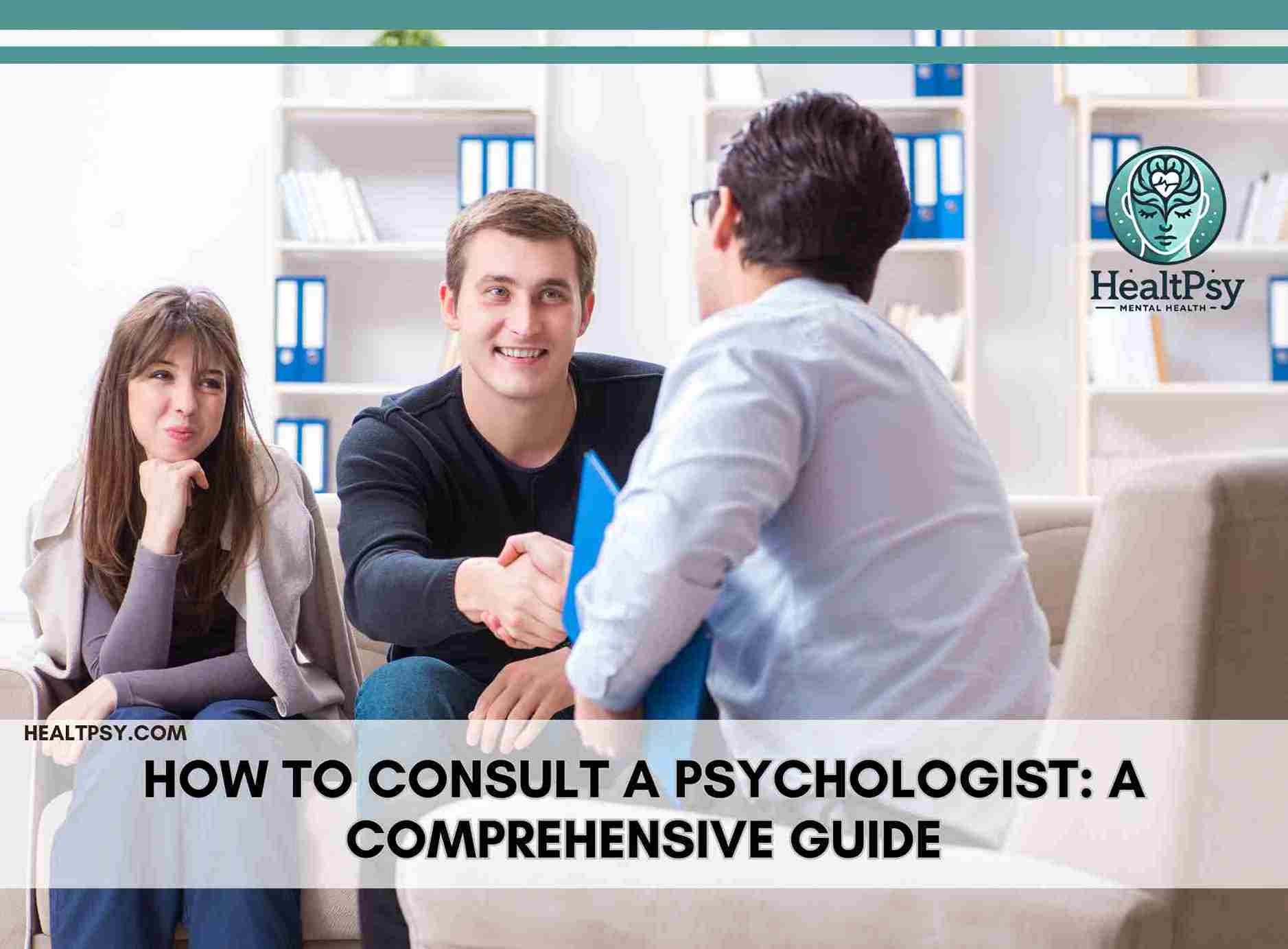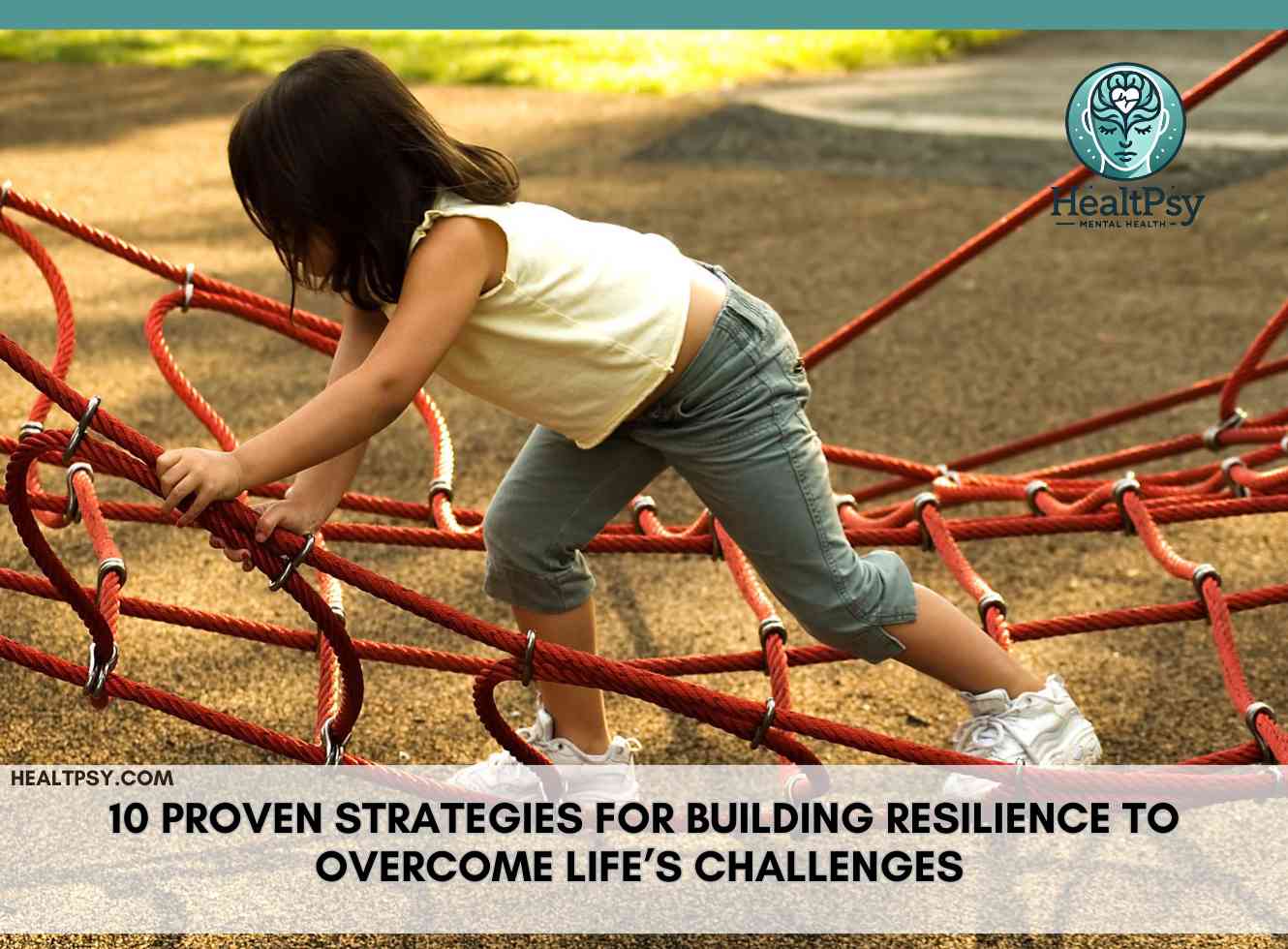5 Proven Ways to Support a Partner with Anxiety and Depression
Introduction
Supporting a partner with anxiety and depression can be a profound act of love, but it can also be emotionally demanding. In relationships across the U.S. and Canada, many individuals find themselves unsure how to truly help without overwhelming their loved one—or themselves.
Mental health conditions like anxiety and depression affect millions, and when your partner is struggling, it’s natural to feel helpless, confused, or even frustrated. However, with empathy, education, and practical tools, you can provide meaningful support while maintaining a healthy relationship dynamic.
In this article, we explore 5 proven ways to support a partner with anxiety and depression, based on psychological research and expert advice.
According to the National Institute of Mental Health (NIMH), over 21 million adults in the U.S. have experienced at least one major depressive episode, and anxiety disorders affect nearly 1 in 5 adults.
External source: Anxiety and Depression Association of America (ADAA) – Trusted insights on understanding anxiety and depression.
1. Learn About Anxiety and Depression
Understanding what your partner is going through is the first step to offering real support. Anxiety and depression are not simply moods—they are medical conditions that impact thought patterns, energy levels, and behaviors.
What You Can Do:
- Read reputable mental health resources.
- Learn about symptoms, triggers, and treatment options.
- Avoid minimizing phrases like “just relax” or “cheer up.”
Related: Common Psychological Disorders: Symptoms and How to Cope
2. Communicate with Compassion and Patience
Open and honest communication is key, but the tone and timing matter. Your partner may have difficulty expressing what they feel or need, especially during episodes of anxiety or low mood.
Tips for Compassionate Dialogue:
- Ask, “How can I support you right now?”
- Avoid unsolicited advice; instead, offer a listening ear.
- Be patient with mood swings or withdrawal.
Related: 7 Powerful Ways to Handle a Lying Teen Without Losing Trust
3. Support Healthy Habits Without Pressure
While anxiety and depression can make even basic tasks feel overwhelming, gentle encouragement toward self-care can be helpful.
Encourage (Don’t Force):
- Going for short walks or exercising together
- Preparing nutritious meals
- Maintaining a consistent sleep schedule
Related: Sleep and Diet for Stress Relief
External: Harvard Health – Sleep and Mental Health
4. Respect Their Boundaries While Staying Present
Sometimes, your partner may need space to process their feelings. Respecting this doesn’t mean disengaging. Let them know you’re there—without overwhelming them.
Try:
- Sending a reassuring text
- Sitting quietly together without pressure to talk
- Creating safe spaces for expression when they’re ready
Remember: Your presence alone can be incredibly comforting.
5. Take Care of Yourself Too
You cannot pour from an empty cup. Supporting a loved one through mental illness can be emotionally draining. Prioritize your own mental health, seek support, and know your limits.
Self-Care for Supporters:
- Speak to a therapist or support group
- Set healthy emotional boundaries
- Engage in hobbies and restorative activities
Being a steady partner starts with your own balance.
External: National Alliance on Mental Illness – Support for Partners
When to Encourage Professional Help
If your partner hasn’t sought therapy, you can gently suggest it as a helpful resource. Offer to help them research therapists or attend sessions together if they’re open to it.
Remind them: Seeking help is a strength, not a weakness.
Final Thoughts
To support a partner facing anxiety and depression, empathy and understanding must guide your actions. There is no one-size-fits-all solution, but your patience, care, and willingness to grow together can make all the difference.
You’re not expected to “fix” your partner—but you can walk beside them on the path to healing.
Meta Description: Learn 5 proven ways to support a partner with anxiety and depression. Build a stronger, more compassionate relationship with practical mental health strategies.
URL: https://healtpsy.com/anxiety-and-depression-support
Alt Text: A couple sitting together on a couch, one comforting the other during a moment of emotional vulnerability.
Tags: anxiety and depression, support partner mental health, depression support, couple therapy, anxiety disorders, compassionate communication, mental wellness in relationships
you might also like





